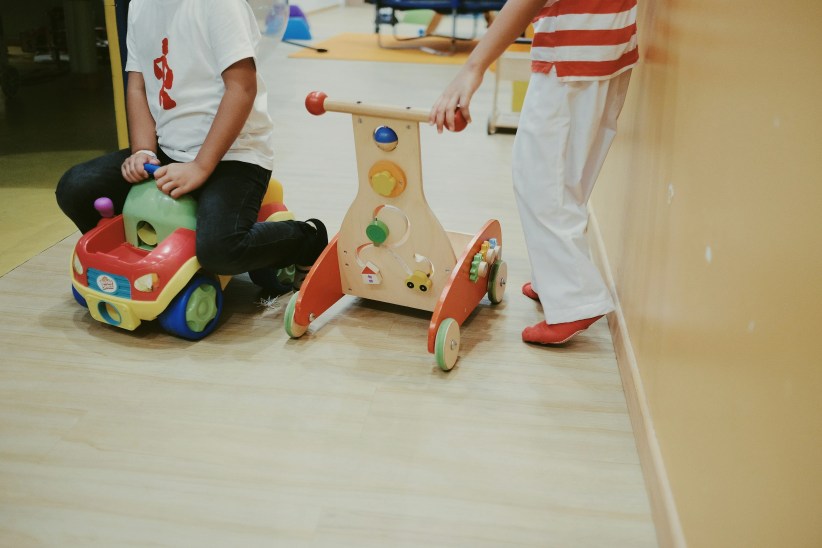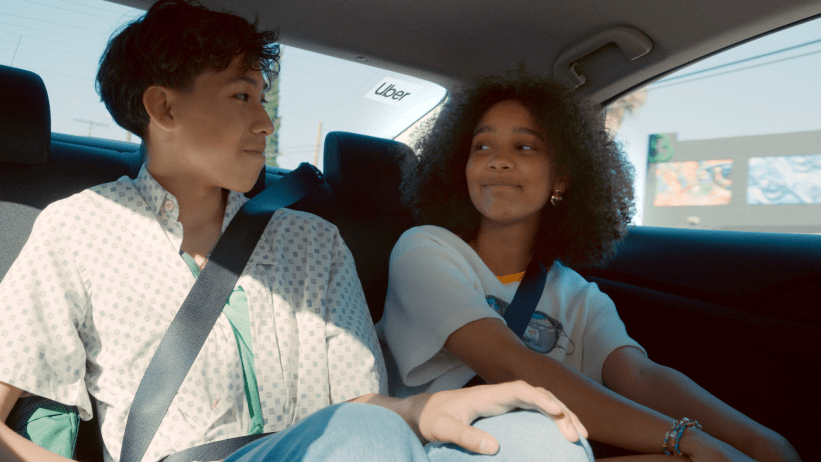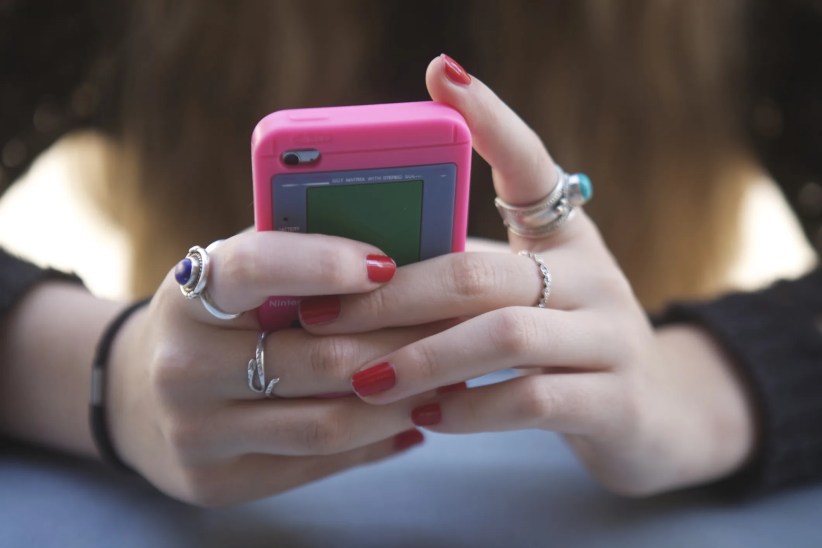Every October, Domestic Violence Awareness Month is observed to shed light on a devastating issue that has become widespread in our communities, here in New York and beyond, in a staggering way. So it’s comforting to know that organizations such as Manhattan-based Day One, www.dayon
More than 30,000 city youth have been educated about domestic violence since Day One’s launch in 2003 and are feeling more empowered, thanks to the organization’s multi-faceted resources and leadership programs and 6,000-plus trained professionals, who provide supportive, non-judgmental guidance.
Abusive behavior is all about control; it can be physical, verbal and emotional, or sexual. Silence, isolation, and shame are the hallmarks of this abuse.
Day One Program Director and social worker Michele Paolella appeared on WNYC’s Brian Lehrer Show on Sept. 17 with three young women who survived abuse at the hands of their partners and chose to share their stories.
“Crushed: Teens and Dating Abuse,” a series of audio stories, explores the much-asked question, “Why do they stay?” It provides rare and intimate insight into a largely unknown phenomenon, revealing how silence, power, and control are dynamics that can permeate relationships, even when the partners don’t live together; how such relationships can affect everything from self-esteem to friendships to school performance; and how parents and guardians rarely know how to talk about the distinction between healthy and abusive relationships.
To produce the series, WNYC’s Radio Rookies program — a New York Public Radio initiative that provides teenagers with the tools and training to create radio stories about themselves, their communities, and their world — partnered with Day One to help illuminate the pressing issue of teen dating abuse and take listeners behind the scenes. Both Paolella and survivor Destiny Mabry — who has become an advocate on the issue — discussed how parents can spot the signs of teen dating abuse and help prepare their kids for healthy relationships.
Mabry, 25, grew up in the Bronx and now lives in Harlem. She was one of the one in three city teens who report being verbally and emotionally abused by a romantic partner. The abuse left her depressed, and by the time she was in her early 20s, she was in counseling to heal from the relationship. Then in January 2014, Destiny’s older sister, Kia, and her 1- and 3-year-old niece and nephew were murdered by her brother-in-law. In her story she interviews her mother and her grandmother, as she seeks to understand the cycles of abuse that go, “as far back as we can call it.” She considers speaking out about abuse an important part of her healing.
Paolella, who had just returned from taping the show on Sept. 17, felt it was important to talk about Day One’s services and the too-prevalent teen violence issue affecting the city’s youth.
Tammy Scileppi: I understand that today’s story centered around domestic violence and what one of your Youth Voices Network members, Destiny, went through.
Michele Paolella: Destiny, the young person who was interviewed with me, produced a Radio Rookies piece for this series. [You can see the entire interview from the Brian Lehrer show at: http://www.wnyc.org/story/abusive-relationship-meets-fatal-end.]
Youth Voices Network is an advocacy group of survivors that we work with. They do public speaking events, etc. Right now, they’re hosting an art contest for Domestic Violence Awareness Month.
TS: Discuss how Day One helps young people.
MP: We provide prevention education workshops to middle and high school students, as well as direct services to survivors of dating and intimate partner abuse, ages 24 and under. Most of our clients are young women, but we also work with young men and people in the LGBT community that have experienced or are experiencing abuse. The services we provide to survivors include free and confidential legal and counseling services.
One client was 15 and came in after her girlfriend viciously assaulted her; her school told her about our services. It had been going on for about one-and-a-half years. In the first two sessions, we created a detailed safety plan. She didn’t want to call the police, so I went with her to family court and helped her petition for an order of protection.
I also helped her apply for a school safety transfer, since her girlfriend went to her school and was stalking and threatening her, impacting her ability to participate meaningfully in school. After her physical safety had been established, she decided she wanted to join a support group and also started seeing me for counseling individually, because she was experiencing some symptoms of post-traumatic stress disorder and also felt very isolated from friends and family, and like no one understood her experience.
We worked together for about six months in counseling, overall. At the end of that time, she had transferred schools, felt safe, said she felt connected to the other survivors in the group, and her post-traumatic stress disorder symptoms had decreased.
Young people in our services are welcomed and encouraged to include parents and guardians if they choose to.
TS: I read that Day One has become the primary voice of expertise in New York City on the issue of dating abuse and domestic violence among youth. Please explain.
MP: We work with all five boroughs and provide services that range from crisis intervention to long-term counseling. We’re doing a lot of training with the NYPD right now to make sure their school safety agents and domestic violence officers are aware of the issue.
Many young people that we work with are referred to us by district attorneys, the police, school personnel, family members or friends, and child protective service workers after they have experienced violence. Some of them want to get an order of protection, or want legal support for any number of abuse related issues, such as custody and visitation, sexual assault on campus, or immigration-related cases when abuse has been present. Others just want individual or support group counseling or assistance trying to find safe housing.
The cases are always driven by the survivor themselves. We work with young people up to age 24 and have no minimum age range; the youngest who’s ever come through our doors is 13.
Look for Part 2 of this important topic, which will include the other survivors’ stories and more information about teens and dating abuse, in the November issue of New York Parenting.
Tammy Scileppi is a Queens-based freelance writer-journalist and parent, and a regular contributor to New York Parenting. Interviewing hundreds of New York City’s movers and shakers has been an amazing adventure for this mother of two bright and talented sons. Scileppi’s work has appeared in a variety of media outlets. She has also written book cover copy for Simon and Schuster.






















